PETALING JAYA, March 21 — Malaysia has been a favoured destination of international students looking to further their studies, thanks to an abundance of universities, colleges and educational programmes.
Is navigating cultural differences and adapting to a new environment a major hurdle for many who are experiencing Malaysia for the first time?
And what are the distinct differences between their country of origin and their new ‘home’?
Malay Mail speaks to several international students currently studying in Malaysia for their insight on adapting to life here and embracing the diversity in what Malaysia has to offer.
Advertisement
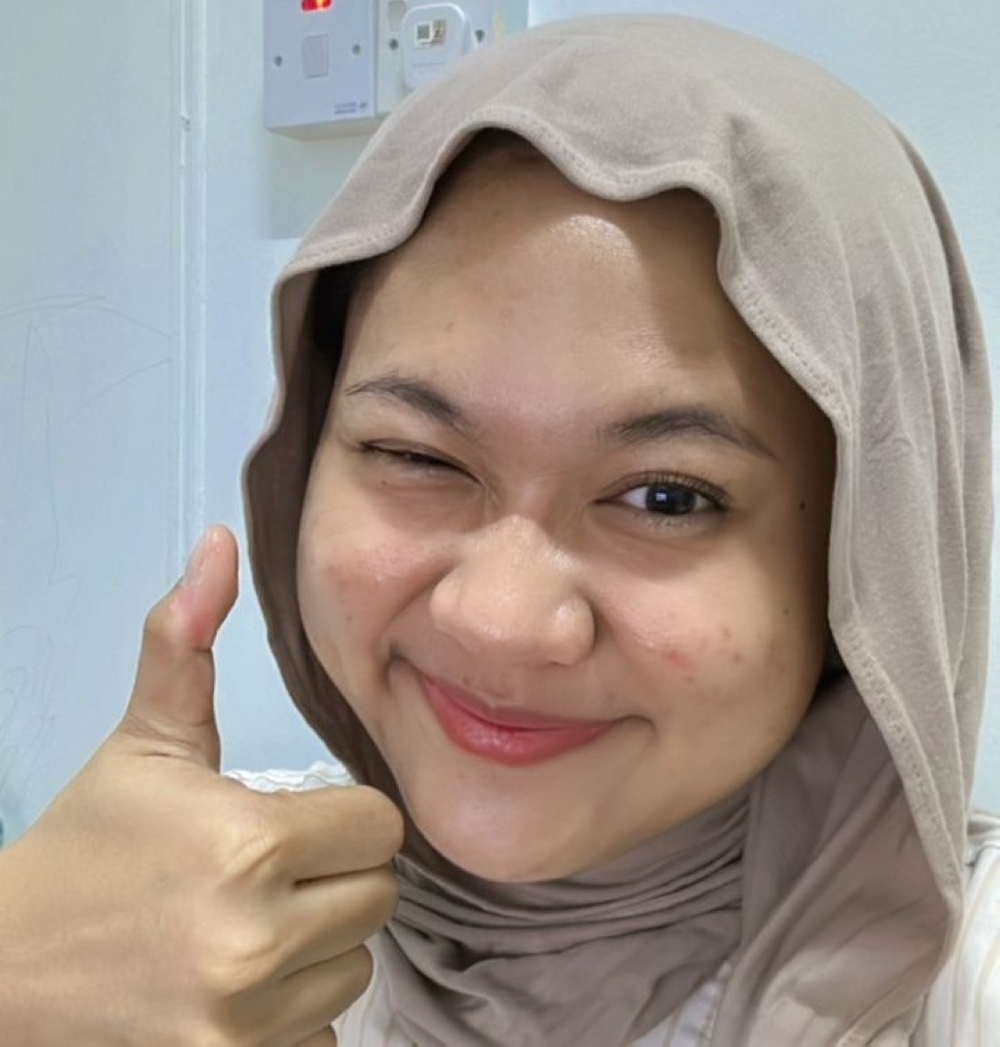
Armenychintya Permata Nugroho was born in Surabaya, Indonesia. — Picture via Armeny
Armenychintya Permata Nugroho (Indonesia)
Armenychintya was born in Surabaya, Indonesia, where she spent her early childhood.
Advertisement
Currently pursuing a Bachelor of Science in Mathematics at the University of Malaya, she has a fondness for Malaysia and finds her new environment captivating.
While it may not be an obvious one, one major difference for Armenychintya is language.
Similarities between Bahasa Malaysia and Bahasa Indonesia helps, but she was surprised to discover a diverse linguistic landscape here with Malay, English, Mandarin, Tamil, and Malay commonly used.
Tantalising her taste buds however, is the availability of gastronomic delights which she says differ from Indonesian fare, which is mostly spicy and salty.
She said variety of Malaysian dishes lean towards sweetness where even the traditionally spicy ‘sambal’ is sweeter here.

Rica Criselda Marano was born in the Philippines’ Bicol province. — Picture via Rica
Rica Criselda Marano (Philippines)
Hailing from the Philippines’ Bicol province, Rica is currently pursuing a Diploma in Marketing and Advertising at IACT College.
Malaysian cuisine has also been an attraction for her, having tasted various dishes such as ‘kampung fried rice’ and chicken curry.
The hospitality and kindness of Malaysians however earns a mention from her due to the warmth of her friends and lecturer who provided significant help when she first arrived in Malaysia.
She notes language being one of the major differences with her country of origin, with Tagalog being the predominant language spoken in the Philippines while cultural differences coming from a predominantly Catholic nation meant that celebrations like Christmas were different, with festivities beginning as early as September there.
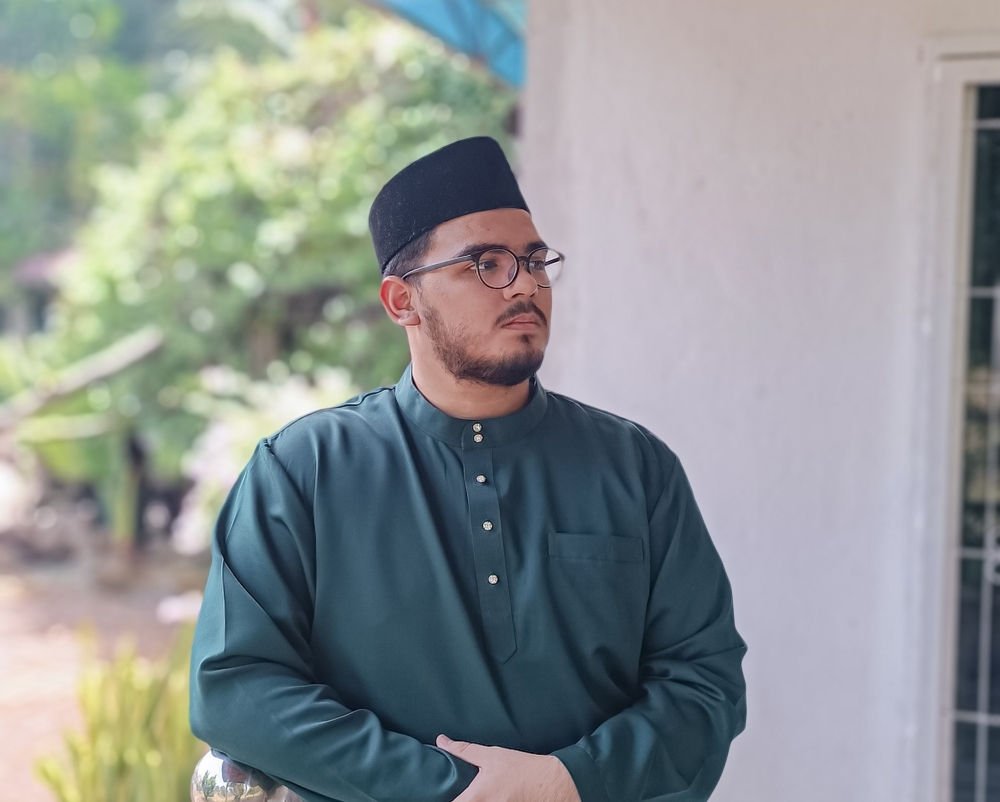
Mohamed Areslan Bensaid is originally from Algiers, Algeria. — Picture via Areslan
Mohamed Areslan Bensaid (Algeria)
Mohamed Areslan from Algiers, Algeria, currently studying for a Bachelor’s in Media, Culture, and Communication at IACT College said Malaysia provided endless options for exploration.
He said with an abundance of choices from visiting new places to sampling unique and diverse cuisine, he found Malaysia immensely appealing.
And one of the plus points for him was the general safety of being out and about.
“It makes you feel at ease,” he said.
While Malaysians are known for their friendliness, Mohamed Arestan did note that back home where Arabic and French are predominantly used in conversations, it was not uncommon to strike up a conversation with strangers on the street while waiting for a coffee or queuing at a restaurant.
In Malaysia however, he said initiating random conversations with strangers on the street doesn’t appear a common practice.
He observes that regardless of ethnicity, many tend to regard such interactions with a hint of curiosity or suspicion — and this was one of the major differences that remains part of his ongoing process to adjust to.
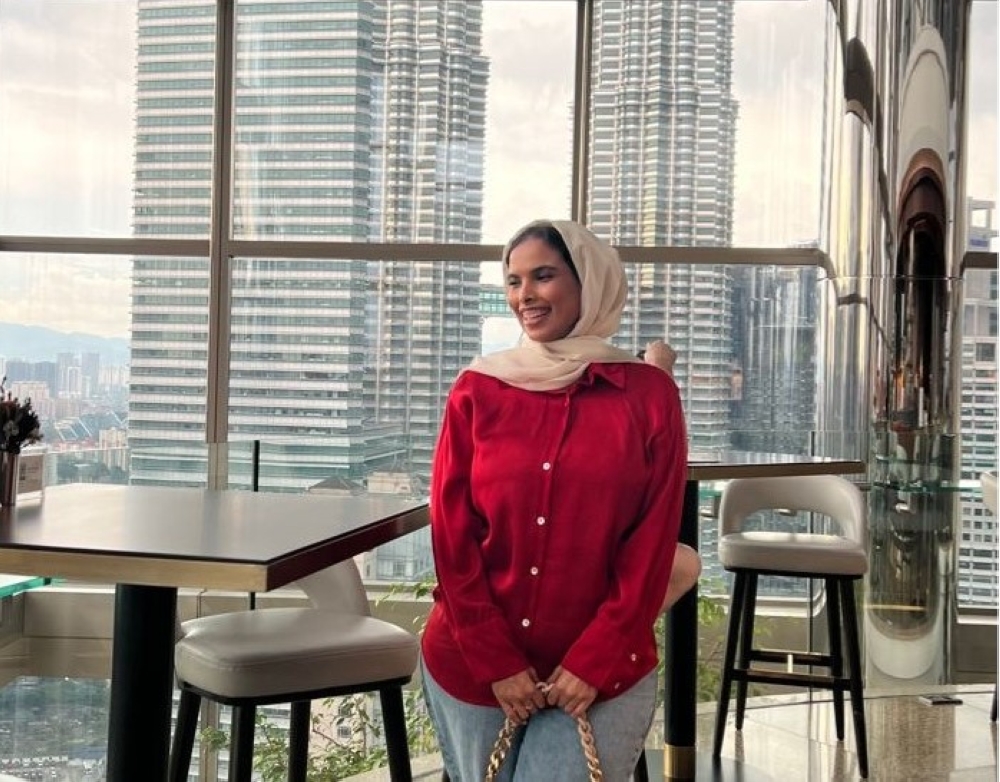
Asmaa Waled is originally from Taiz, Yemen. — Picture via Asmaa
Asmaa Waled (Yemen)
Coming from Taiz, Yemen, which Asmaa describes as a conservative country, the IACT College student pursuing a Bachelor’s in Media, Culture, and Communication expresses her love for Malaysians who “are very friendly.”
From food to the numerous holiday occasions for multiple religious celebrations, she marvelled at how Malaysians take to celebrating diverse festive seasons.
She also said that it was different from back home in Yemen, where women customarily dress modestly, with the ‘abaya’ being the prevalent attire.
“Being an Arab woman, it is somewhat challenging for women to feel free when walking around without a partner,” though she said the situation in Yemen has seen improvements over the years.
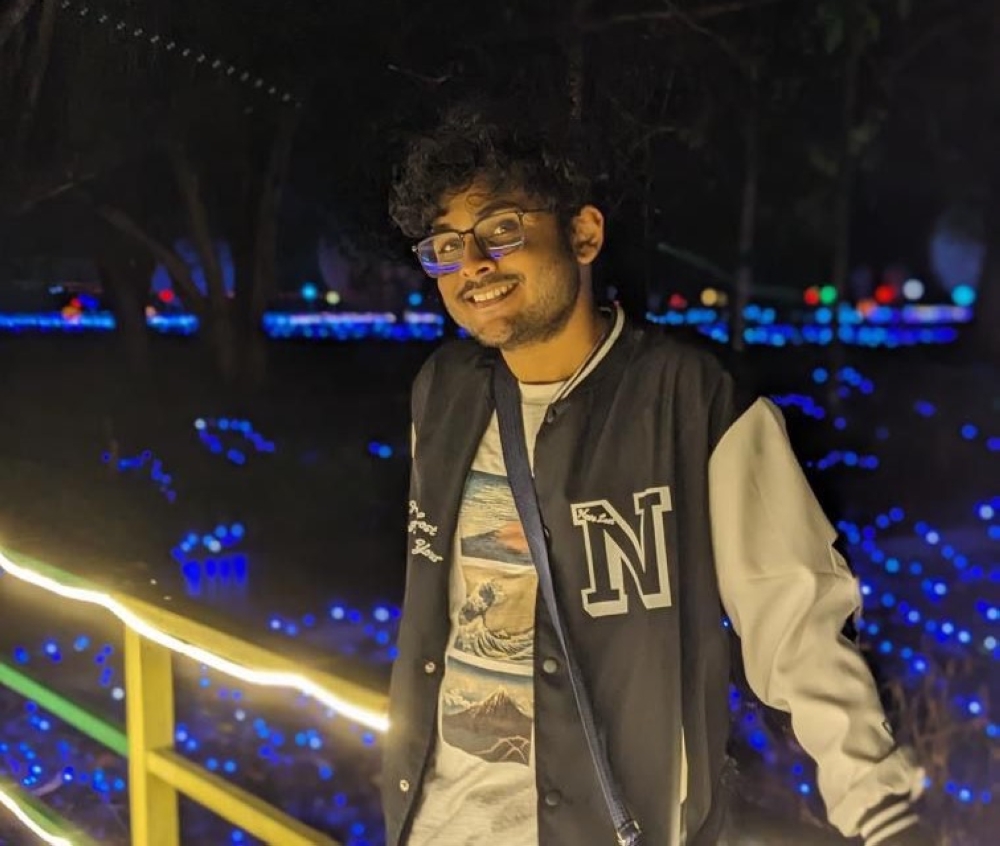
Adam Manaf Ali is originally from Male Maldives. — Picture via Adam
Adam Manaf Ali (Maldives)
The communication student in IACT from Male, Maldives is smitten with how ‘big’ Malaysia is, with a multitude of activities such as visiting the mall, an amenity not so readily available in the Maldives.
Like many, he notes Malaysian cuisine as a particular attraction, especially since it bore a resemblance to fare back home.
While he pointed out that he felt it was more diverse back home in Maldives, in terms of religion and ethnic makeup — he said there were many similarities too such as the approach to Malaysian Muslim weddings.
With his home country big on island life, he said that was possibly one of the biggest differences with Malaysia leaning more towards urbanisation, though he found Sabah and Sarawak a little bit closer to home with the island culture.
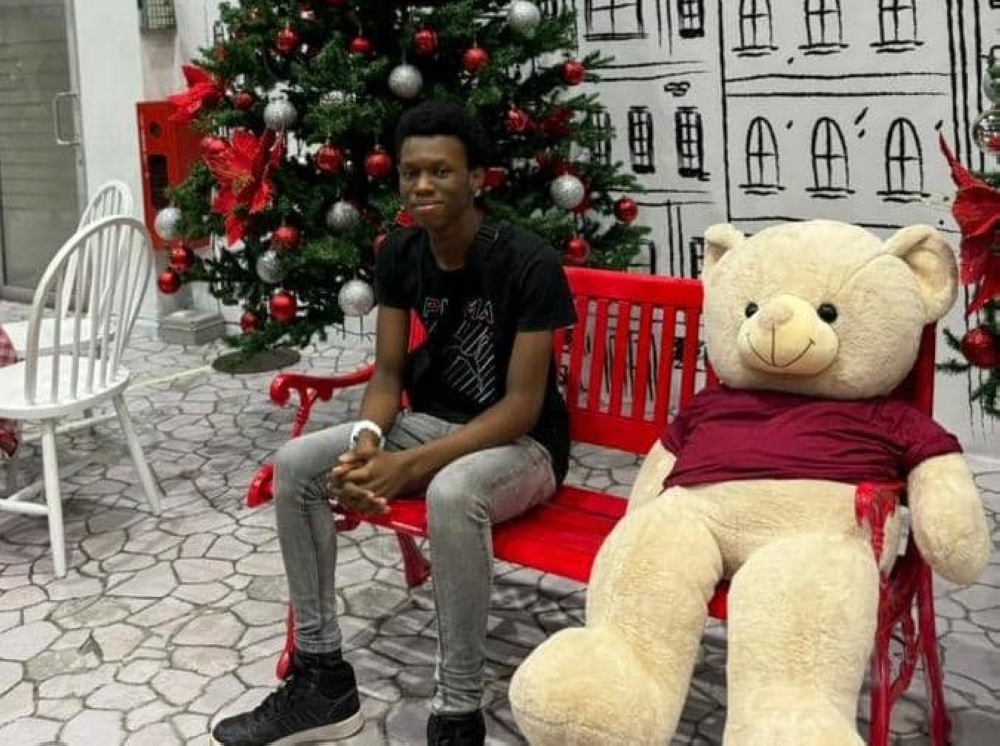
Snqobangaye Mngomezulu is originally from Eswatini, Manzini. — Picture via Snqobangaye
Snqobangaye Mngomezulu (Eswatini)
It was different for Snqobangaye Mngomezulu from Manzini, Eswatini.
The business student at Taylor’s College said he found Malaysia intriguing due to its rich tapestry of cultures, unlike his home country where cultural diversity is limited, with the main distinctions being between various clans, and the Swazi culture being predominant.
“In Eswatini, it’s uncommon to encounter other cultures or nationalities such as British, Australians, Americans or Brazilians.”
Snqobangaye remarked that although there are occasional sightings of individuals from different racial backgrounds, it is exceedingly rare.
Observing the multitude of cultures, diverse practices, various religions, and distinct beliefs here, and the different ways these cultures integrate into businesses, functions, and services, he said he found Malaysia fascinating.
Snqobangaye expressed his surprise even going through his calendar and discovering the many and diverse holidays celebrated in Malaysia.
For him, Malaysia also impresses with numerous technological conveniences, including diverse delivery services, various payment methods, different methods of travelling, and a wide selection of restaurants.
This level of convenience contrasts with Eswatini, where amenities are often widely dispersed across the country, necessitating travel between locations.
